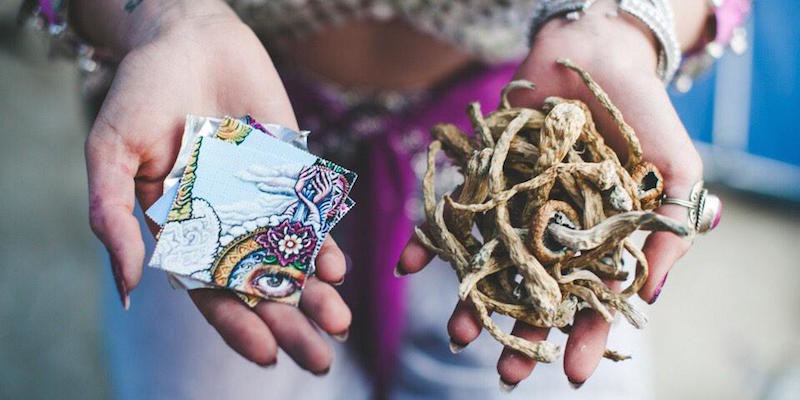
Psychedelic Drugs Benefits Creativity and Mood
If you’re looking for a way to improve your mood or enhance your creativity, psychedelic drugs could be the answer. They can help boost social interaction and increase feelings of well-being, according to a new study. Learn more about DMT Vape Cartridges.
While psychedelics aren’t available as a mainstream treatment, their effects may still offer hope to those suffering from mental health disorders or substance use conditions. Scientists have found that psychedelic drugs can change the way our brains function and reduce symptoms of addiction.
Improved mood
Psychedelic drugs – including LSD, DMT (Datura), mescaline and psilocybin – can have a positive effect on mood. These drugs can help improve a person's ability to cope with their emotions, psychiatric symptoms and the environment, and they can also increase social connectedness.
The improved mood that comes with psychedelic drugs is largely due to the way they rewire the brain. They stimulate the rewiring process known as brain plasticity, which allows the brain to learn and adapt.
When people use psychedelic drugs, they often report having "transformative experiences" that bring about significant changes in their lives. These experiences are tied to feelings of social connectedness and a positive mood, the study found.
Researchers have also found that people who use psychedelic drugs are less likely to suffer from mental health problems like depression and post-traumatic stress disorder. They have also found that a single dose of the drugs can have a long-lasting impact on the mental health of people who take them.
Enhanced creativity
Creativity is a human ability that allows individuals to think outside of the box and create new ideas. It can be used for scientific, artistic, or organizational innovation and is essential to moving the world forward.
In the past, scientists have investigated whether psychedelics could help improve creativity. However, the results have been largely inconclusive.
The psychedelics that are most commonly studied are psilocybin and LSD. Psychedelics can be very powerful, and it is important to use them with caution and in an appropriate setting.
During the psychedelic experience, the brain experiences an altered state of consciousness that can lead to creative insights and thoughts. Psychedelics have been shown to increase feelings of insight, changes in affect, and the attribution of meaning to previously neutral stimuli.
However, psychedelics also disrupt the balance between spontaneous creative cognition and deliberate processing of ideas. This may be a key factor behind the discrepancy between the subjective sense of enhanced creativity that is reported after taking psychedelics and objectively assessed outcomes.
Reduced anxiety
Psychedelic drugs, like LSD, psilocybin (the main hallucinogenic compound in "magic mushrooms") and the anesthesia drug ketamine, can reduce anxiety in some people. It appears that psychedelics work by altering serotonin receptors in the brain, which affect mood and happiness.
Despite their potential benefits, psychedelics carry risks and can lead to bad trips, including extreme panic, paranoia, nausea and even death, according to medical professionals. Users also may build up a tolerance for the drug and need larger and larger doses to achieve the same effect.
A recent study found that psychedelics can improve certain aspects of people's mental health, even if they do not produce a full-on "high." The researchers found that microdosing with psychedelics could result in reductions in anxiety and depression. However, participants did not report an increase in creativity or mindfulness.
Enhanced social interaction
Psychedelic drugs like LSD and psilocybin, the active metabolite of the psychedelic mushroom psilocybin, stimulate serotonin receptors (specifically 2A and 2C), creating hallucinations and a strong sense of connection. These effects can lead to enhanced social interaction, according to some research.
Despite the fact that these drugs can have positive benefits, they also come with their own set of risks. These include the possibility of relapse, which can be prevented by taking them in a familiar environment in the company of people you trust and who can provide calming support and call for help if you need it.
Furthermore, these drugs can lead to altered brain activity and connectivity in areas related to social processing, such as the medial prefrontal cortex and the striatum. For example, one study found that LSD increased suggestibility in a cued mental imagery task. Another found that psychedelic drugs reduced energy barriers between states of consciousness, which can improve social connection and interaction.